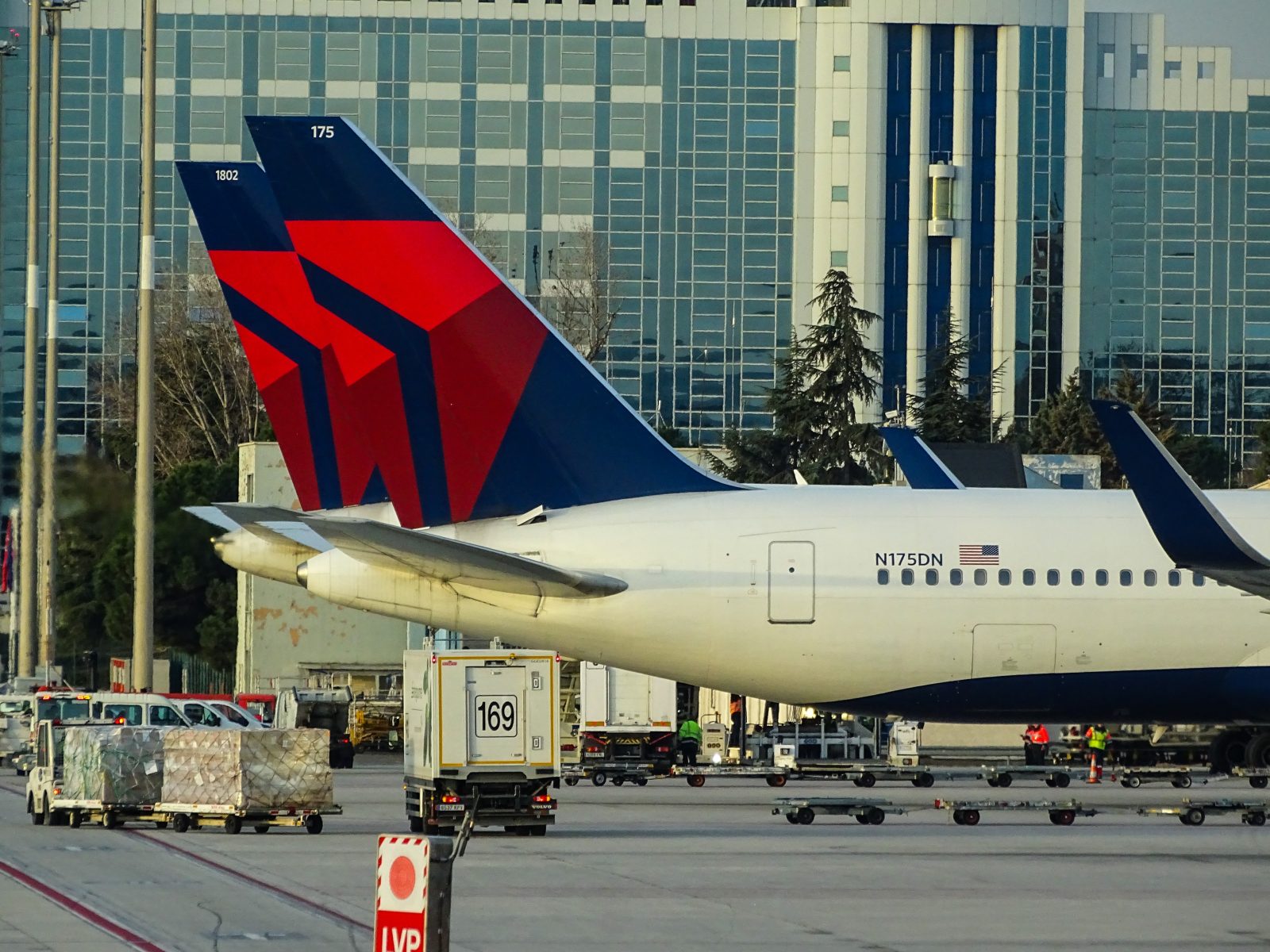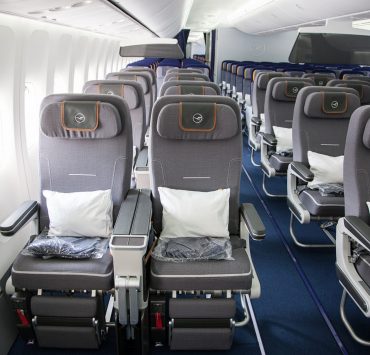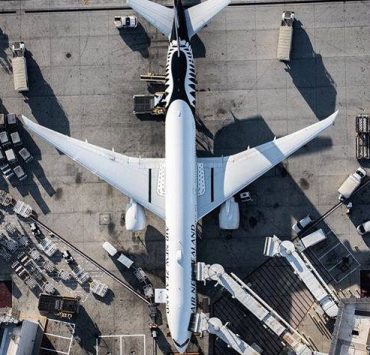
Three Delta flight attendants are suing embattled aerospace giant Boeing alleging they were sickened by ‘toxic’ air that seeped into the cabin during a flight owing to a design flaw with some of the aircraft manufacturer’s planes. The group of flight attendants filed the lawsuit on Tuesday in the Circuit Court of Cook County in Illinois where Boeing is headquartered – each is claiming $50,000 in compensation for personal injury.
As well as claims the historical design flaws allowed highly toxic air to poison them, the lawsuit also alleges Boeing not only knew about the problems and failed to fix them but that the company deceptively cultivated an image that cabin air on commercial jets is perfectly safe knowing full well that the air can become contaminated.
Most planes use a so-called ‘bleed air’ system to get fresh air into the passenger cabin. This method, which has been in existence since the early days of aviation, bleeds off some of the air being pumped through the engines and sends it into the passenger cabin via air conditioning units.
The system is designed to provide fresh, clean air but critics claim engine oil, lubricants and other industrial chemicals can contaminate this air, which as the lawsuit claims, delivers a “toxic soup of chemicals”. Activists fear a “toxic fume event” can cause both immediate acute ill effects and longterm health problems.
While the Boeing 787 Dreamliner doesn’t use the bleed air system, all other models of commercial aircraft designed and made by the Boeing do.
On February 5. 2018, the three flight attendants were working a flight from Frankfurt, Germany to Detroit onboard a Boeing 767 when they experienced a fume event which they claim was the result of contaminated cabin air.
A number of passengers and flight crew became ill as a result and one flight attendant became so bad that the pilots made an emergency medical diversion to the remote Canadian town of Iqaluit Nunavut. With one flight attendant down, the others agreed to finish the journey to Detroit but continued to feel acute effects from the contaminated air.
And even now, the three flight attendants claim they continue to experience symptoms including nausea, confusion, pain, neuropathy, decreased motor skills, shortness of breath, headaches and memory loss as a direct result of breathing the toxic air.
“Flight attendants were not properly warned of the health dangers of contaminated cabin air, and were ill-equipped to respond to this incident,” the lawsuit claims, while also alleging that Boeing deliberately downplayed the number of such incidents.
Boeing has declined to comment on the lawsuit or any of the allegations contained within it. The plaintiffs have requested a jury trial and up to $50,000 each in compensation.
In the UK, a group of as many as 50 flight attendants represented by the Unite Union are also readying a major “toxic cabin air” legal case. In that class-action lawsuit, the flight attendants are also naming individual airlines as parties in the case, claiming they too have known about the risks and should have done more to keep staff and passengers safe.
Many airlines, however, deny that fume events (or as they prefer to call them ‘odor events’) pose any health effects to crew, although to acknowledge that they can be an unpleasant experience.
Mateusz Maszczynski honed his skills as an international flight attendant at the most prominent airline in the Middle East and has been flying throughout the COVID-19 pandemic for a well-known European airline. Matt is passionate about the aviation industry and has become an expert in passenger experience and human-centric stories. Always keeping an ear close to the ground, Matt's industry insights, analysis and news coverage is frequently relied upon by some of the biggest names in journalism.









